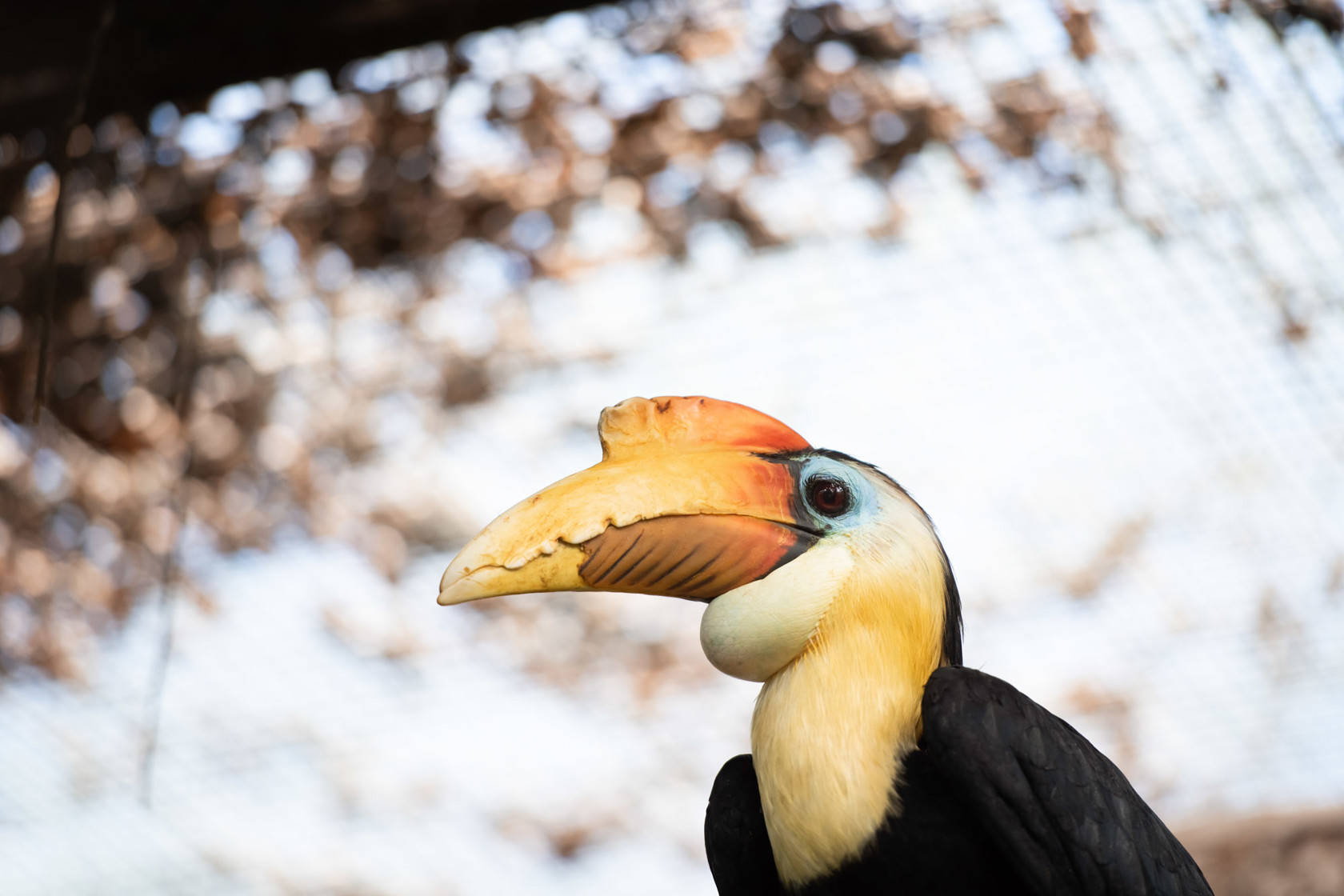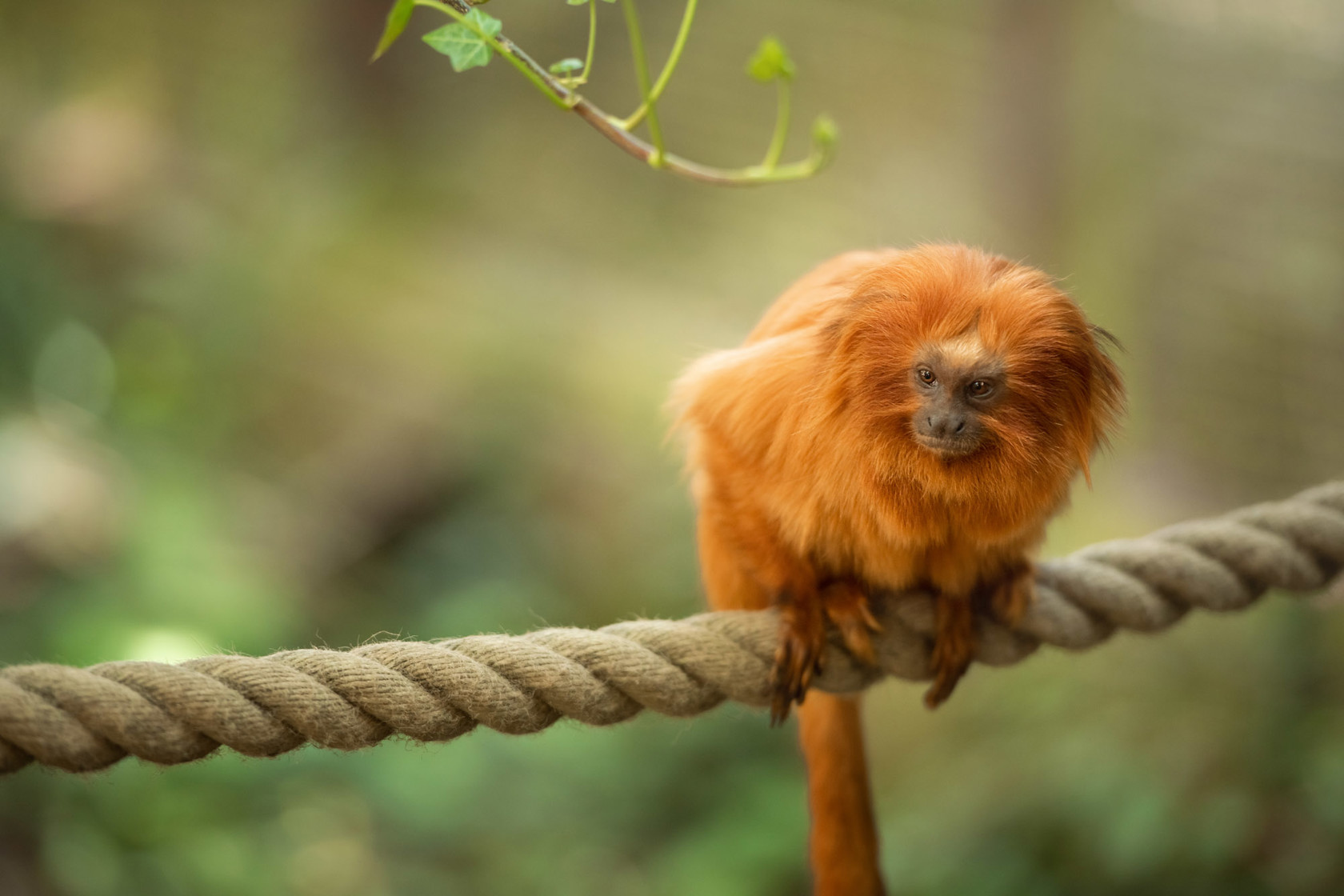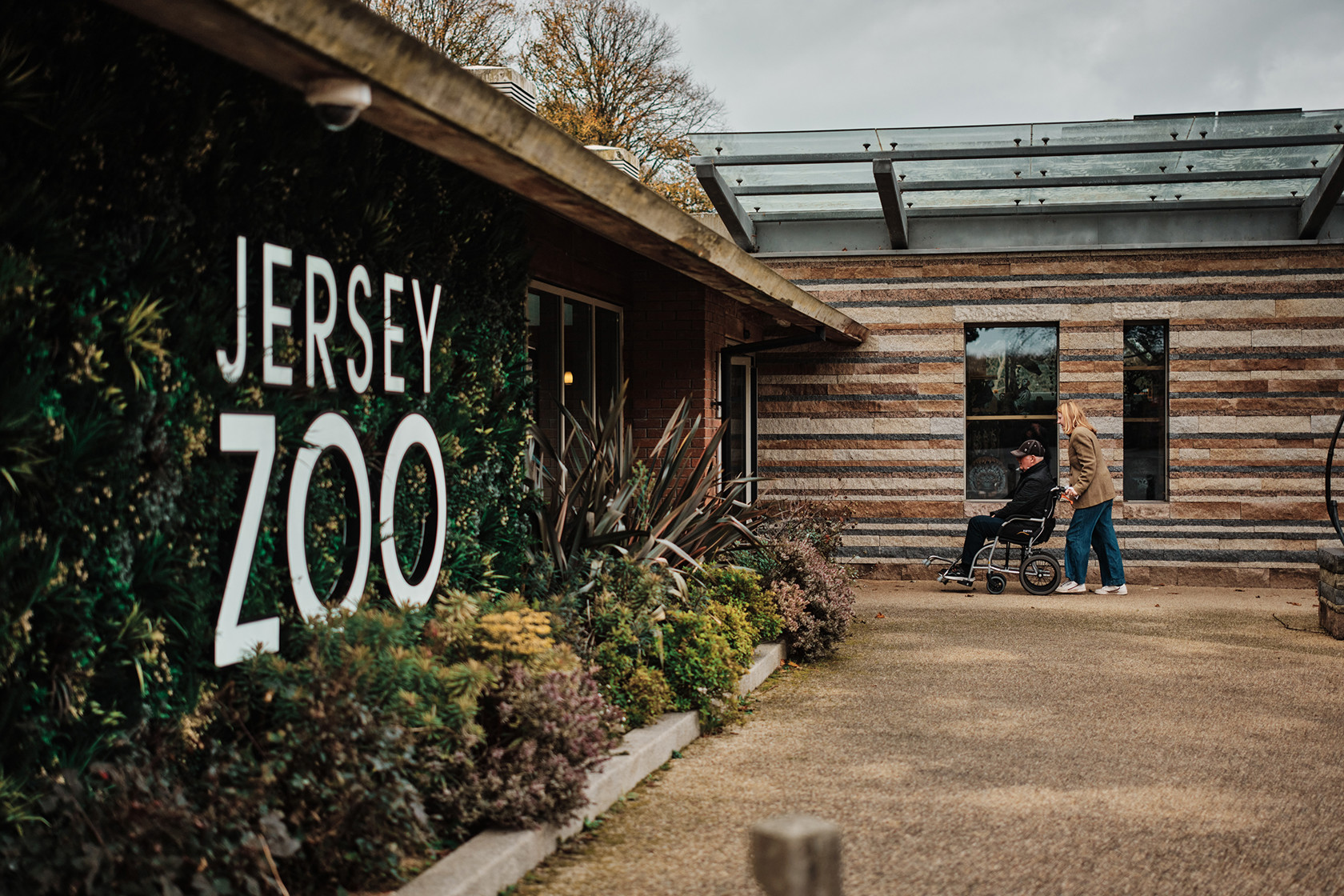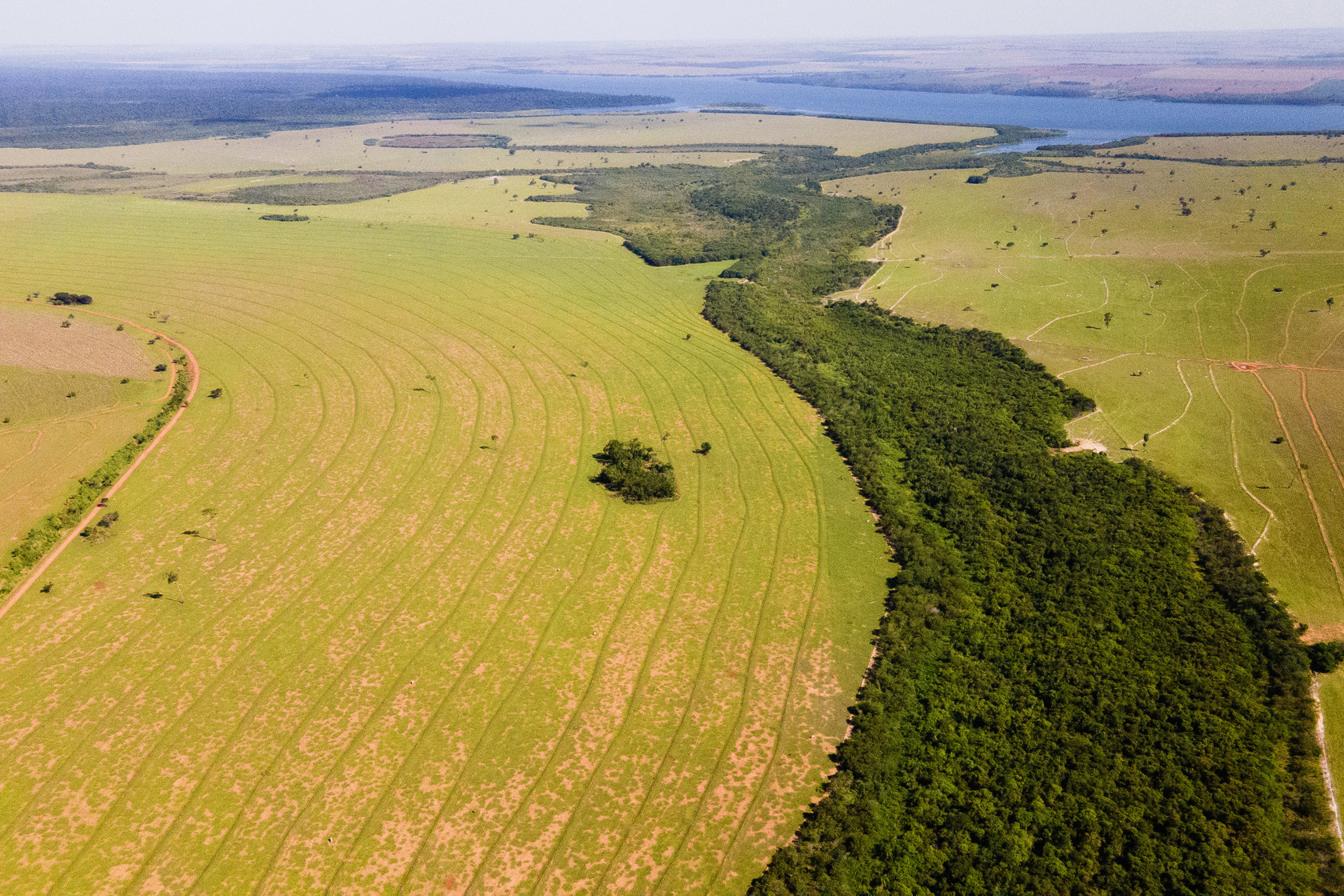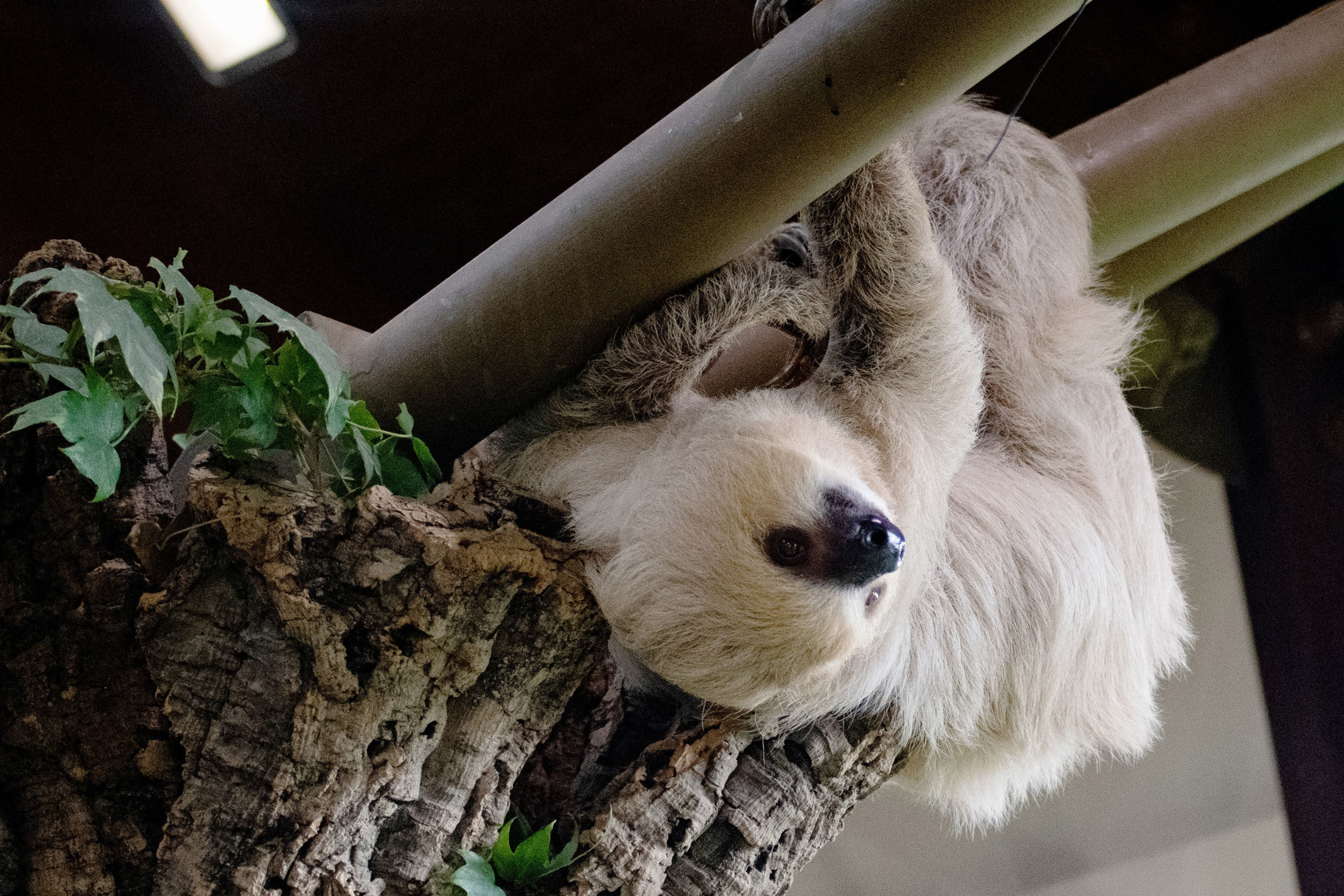Illegal pet trade driving the ploughshare tortoise to extinction
A surge in demand from the illegal pet trade is rapidly driving the Critically Endangered ploughshare tortoise to extinction in the wild, according to a pioneering study that reveals populations have catastrophically declined over the past 10 years.
The latest research, co-authored by Durrell scientists and conservationists as well as researchers from the Universities of Antananarivo and Oxford, is the first reliable estimate of ploughshare tortoise populations to date and reveals the extent to which poaching activities for the illegal pet trade have impacted on this species since the beginning of the 21st century.
Durrell’s Head of Conservation Knowledge and senior author, Dr Richard Young says, “This study sets out the evidence for the catastrophic decline in the ploughshare due to poaching, despite our best efforts and those of our partners. The paper starkly illustrates the overwhelming threat the illegal wildlife trade is exerting on many lesser known wildlife species, many of which are vanishing without the world knowing about it.”
Intensive field surveys conducted between 2006 and 2015 across Baly Bay National Park in North-western Madagascar have shown that ploughshare numbers have more than halved during this period, dropping to just 500 adults and subadults estimated in 2014-2015.
Prior to 2006, there were few seizures of trafficked ploughshare tortoises in Madagascar and internationally. However, more recent records of those seized by the authorities have shown a sharp increase in trafficking since 2010. In total, 334 ploughshare tortoises were seized between 2002 - 2016 both within and outside Madagascar, 280 of these have been since 2009. These figures, combined with the field surveys data, points to the illegal international pet trade as being the key reason for the rapid and severe decline in ploughshare tortoises.
More recent reports from anti-poaching patrols have suggested that poaching has intensified further since 2015 with two out of four sub-populations now thought to be extinct and a third containing fewer than 10 individuals. The number of tortoises now remaining in the wild is uncertain but likely to be perilously low. The field team also commented that the prices being offered on the black market had increased dramatically.
“The extinction of the ploughshare tortoise is inevitable unless poaching for the illegal pet trade is brought to a halt and we will lose a special part of Madagascar’s natural heritage. Our intensive management approach is vital if these beautiful tortoises are to have any chance of surviving in the wild and perhaps one day recovering.” Angelo Ramy, Conservation Scientist for Durrell Madagascar
This study reinforces the urgent need for increased funding and action both within Madagascar and along international trade routes if the extinction of the ploughshare tortoise in the wild is to be prevented. This will require greater investment in anti-poaching programmes on the ground coupled with continuing efforts to improve the wellbeing of communities surrounding the tortoise’s habitat. But the future of the ploughshare lies in the hands of the captive breeding programme, which, once pressures have eased, will provide the future restoration options. This will include the building of new breeding centres in Madagascar and the coordination of captive populations held outside the country, which includes the one currently housed at Jersey Zoo.
The crisis facing ploughshare tortoises is not an isolated case. The related radiated tortoise is equally facing massive pressure from the illegal pet trade. Many of Madagascar’s plant and animal species are highly prized among collectors. Years of declining capacity within national law enforcement and protected areas management has made it easier for smugglers to find routes out of the country, most often passing through the national airport in the capital Antananarivo. While actions on the ground will help reduce local poaching demands, there is a real need for increased national awareness, understanding and capacity to tackle the corruption and smuggling associated with illegal wildlife trade.
It is also vital that Madagascar engages fully with international efforts to curb the illegal trade in endangered species, including through CITES and the at the upcoming London international conference on illegal wildlife trade.
Efforts to save the ploughshare tortoise, as well as Madagascar’s other highly threatened tortoise species, represent a long-standing partnership between Malagasy and international organisations. The Government of Madagascar is a key partner both in the protection of remaining animals in the wild and addressing illegal wildlife trade across their country. Other key partners within Madagascar include the Alliance Voahary Gasy and Madagasikara Voakajy.
The latest research, co-authored by Durrell scientists and conservationists as well as researchers from the Universities of Antananarivo and Oxford, is the first reliable estimate of ploughshare tortoise populations to date and reveals the extent to which poaching activities for the illegal pet trade have impacted on this species since the beginning of the 21st century.
Durrell’s Head of Conservation Knowledge and senior author, Dr Richard Young says, “This study sets out the evidence for the catastrophic decline in the ploughshare due to poaching, despite our best efforts and those of our partners. The paper starkly illustrates the overwhelming threat the illegal wildlife trade is exerting on many lesser known wildlife species, many of which are vanishing without the world knowing about it.”
Intensive field surveys conducted between 2006 and 2015 across Baly Bay National Park in North-western Madagascar have shown that ploughshare numbers have more than halved during this period, dropping to just 500 adults and subadults estimated in 2014-2015.
Prior to 2006, there were few seizures of trafficked ploughshare tortoises in Madagascar and internationally. However, more recent records of those seized by the authorities have shown a sharp increase in trafficking since 2010. In total, 334 ploughshare tortoises were seized between 2002 - 2016 both within and outside Madagascar, 280 of these have been since 2009. These figures, combined with the field surveys data, points to the illegal international pet trade as being the key reason for the rapid and severe decline in ploughshare tortoises.
More recent reports from anti-poaching patrols have suggested that poaching has intensified further since 2015 with two out of four sub-populations now thought to be extinct and a third containing fewer than 10 individuals. The number of tortoises now remaining in the wild is uncertain but likely to be perilously low. The field team also commented that the prices being offered on the black market had increased dramatically.
“The extinction of the ploughshare tortoise is inevitable unless poaching for the illegal pet trade is brought to a halt and we will lose a special part of Madagascar’s natural heritage. Our intensive management approach is vital if these beautiful tortoises are to have any chance of surviving in the wild and perhaps one day recovering.” Angelo Ramy, Conservation Scientist for Durrell Madagascar
This study reinforces the urgent need for increased funding and action both within Madagascar and along international trade routes if the extinction of the ploughshare tortoise in the wild is to be prevented. This will require greater investment in anti-poaching programmes on the ground coupled with continuing efforts to improve the wellbeing of communities surrounding the tortoise’s habitat. But the future of the ploughshare lies in the hands of the captive breeding programme, which, once pressures have eased, will provide the future restoration options. This will include the building of new breeding centres in Madagascar and the coordination of captive populations held outside the country, which includes the one currently housed at Jersey Zoo.
The crisis facing ploughshare tortoises is not an isolated case. The related radiated tortoise is equally facing massive pressure from the illegal pet trade. Many of Madagascar’s plant and animal species are highly prized among collectors. Years of declining capacity within national law enforcement and protected areas management has made it easier for smugglers to find routes out of the country, most often passing through the national airport in the capital Antananarivo. While actions on the ground will help reduce local poaching demands, there is a real need for increased national awareness, understanding and capacity to tackle the corruption and smuggling associated with illegal wildlife trade.
It is also vital that Madagascar engages fully with international efforts to curb the illegal trade in endangered species, including through CITES and the at the upcoming London international conference on illegal wildlife trade.
Efforts to save the ploughshare tortoise, as well as Madagascar’s other highly threatened tortoise species, represent a long-standing partnership between Malagasy and international organisations. The Government of Madagascar is a key partner both in the protection of remaining animals in the wild and addressing illegal wildlife trade across their country. Other key partners within Madagascar include the Alliance Voahary Gasy and Madagasikara Voakajy.

